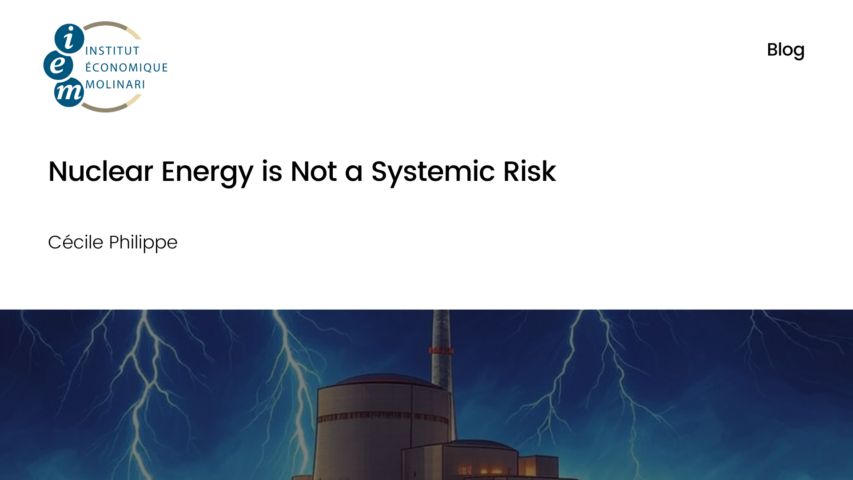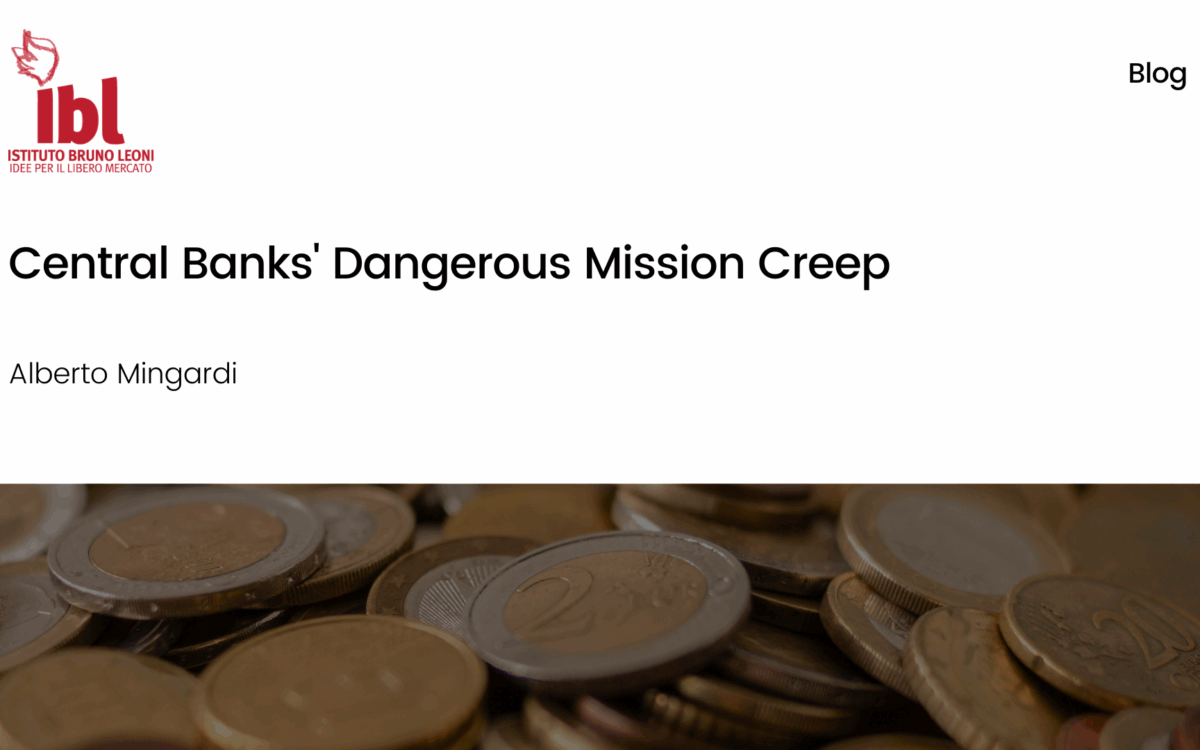Nuclear Energy is Not a Systemic Risk

Nuclear Energy is Not a Systemic Risk
Cécile Philippe // 13 July 2022
President Macron announced in February 2022 that he wanted to ‘restart the construction of nuclear reactors’ with six new reactors after the definitive closure of the nuclear power plant in Fessenheim (Haut-Rhin) in June 2020. Beyond the indecision on this topic, these developments are positive, as nuclear energy has a crucial place in the country’s future energy mix.
Indeed, despite its low public popularity due to catastrophes such as those in Fukushima, in 2011, risk analysis favours nuclear power because it can reduce the risk associated with global warming on a different scale. As explained by complexity experts such as Nassim Taleb and Yaneer Bar-Yam explain, there is a need to differentiate the different types of risks to determine whether we should apply the precautionary principle, i.e., abstention from using this technology to avoid certain tasks.
Two types of damages to consider
Risk-taking is necessary to innovate, and a society’s progress depends on it, provided that the risks taken are limited, i.e., they do not extend to the entire system. Thus, to determine if an activity presents a systemic risk or not, it is necessary to ask if it will generate large-scale risks or if the materialisation of the risks will remain local. This locality criterion is essential, specifically in a world which – as we have seen before with the last financial crisis and the pandemic – has abolished the borders through greater interconnectedness than ever before.
Two types of potential damages need to be considered while assessing risk to inform decision-making: on the one hand, the localised impacts that do not spread, and, on the other hand, the impacts that spread resulting in irreversible and widespread damages. In the second case, the application of the precautionary principle is justified, according to Taleb and Bar-Yam.
Contrary to the concerns it raises, nuclear risk is not systemic, as the use of nuclear energy remains on a local scale. The nature of the risks it generates has been studied widely. Even if some uncertainties remain, it is possible to formulate a cost-benefits analysis based on these studies.
Nature can keep radioactive waste safe
This analysis tells us that the benefits of nuclear energy outweigh the costs, especially if we compare them to the systemic risk of climate change. As the engineer, Jean-Marc Jancovici says, ‘nuclear is a mode of production that emits extremely little CO2 per kilowatt-hour’. Nuclear energy beats all other energy models on the criterion of ground space as well. The same goes for materials, whether it is cement, copper, steel, etc. As for waste management, we know that nature can conserve radioactive waste safely, which it has done for two billion years.
The recent developments in France concerning nuclear energy are, therefore, in the right direction, given that nuclear accounted for 71 per cent of the country’s electricity production in 2019. What is left is to make up for the time lost by extending nuclear parks as much as possible and restoring the capacity to construct new reactors rapidly and economically.
The French original was published by IEM and translated by Julie Favoli.
EPICENTER publications and contributions from our member think tanks are designed to promote the discussion of economic issues and the role of markets in solving economic and social problems. As with all EPICENTER publications, the views expressed here are those of the author and not EPICENTER or its member think tanks (which have no corporate view).



